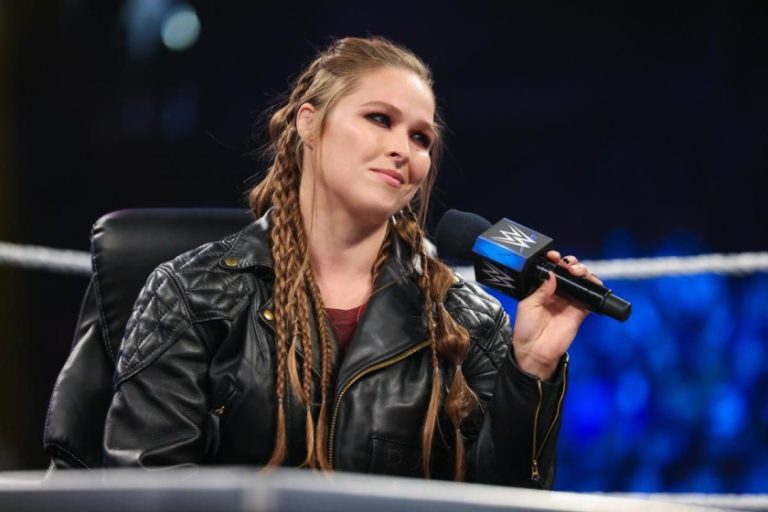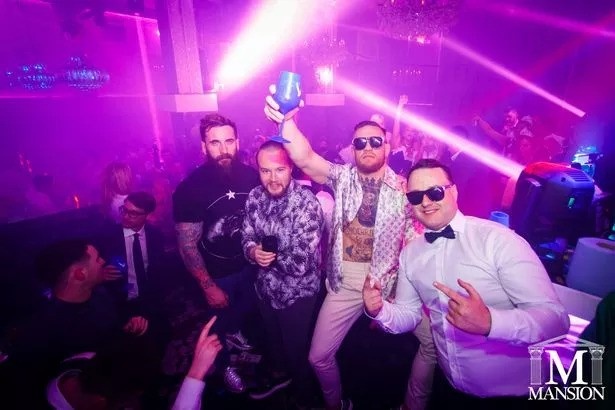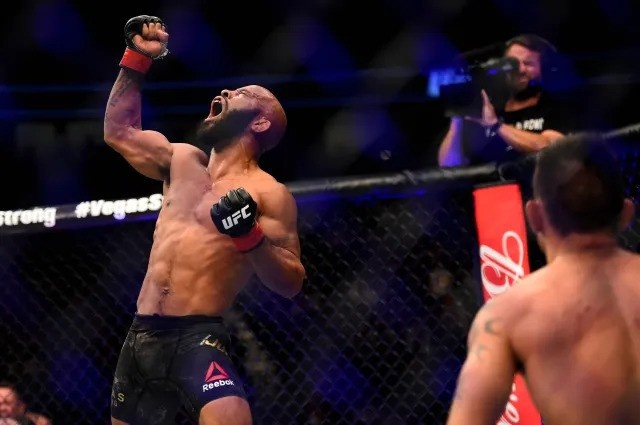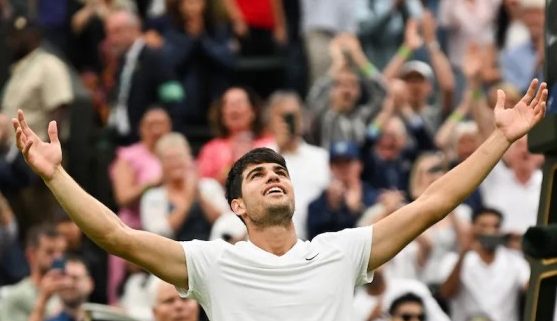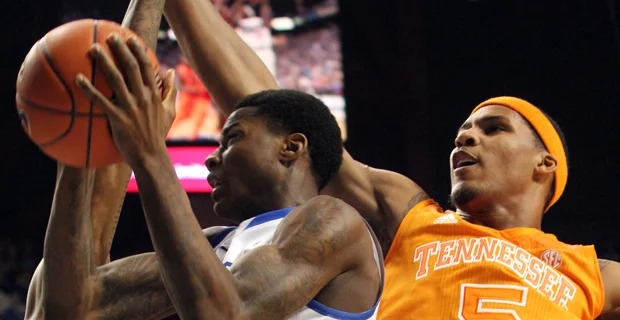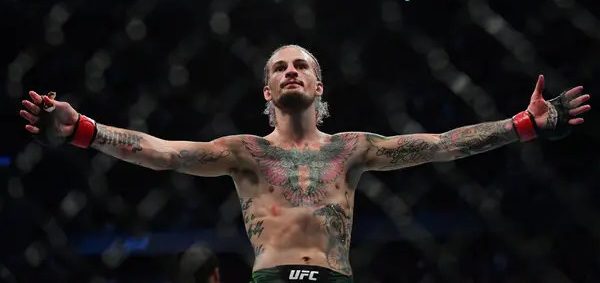
Table of Contents
The world of combat sports, particularly the UFC, is rife with speculation and conspiracy theories. One persistent whisper among fight fans, particularly in the US and UK, has been the idea of “Dana White privilege” the notion that certain fighters receive preferential treatment, easier matchups, or expedited bantamweight title shots due to a perceived connection with the UFC President, Dana White. However, reigning UFC Bantamweight Champion Sean O’Malley, a fighter whose rise has often been cited as an example of this “privilege,” has now stepped forward to offer a clear, candid perspective, largely dismantling the theory.
The Myth of Expedited Paths: O’Malley’s Journey
Sean O’Malley’s journey to the UFC bantamweight title has been undeniably unique and rapid. From his breakout performance on Dana White’s Contender Series to his highlight-reel knockouts and charismatic personality, “Suga” has amassed a massive following. This rapid ascent, combined with the significant promotional push he has received, has fueled the “privilege” narrative. Yet, O’Malley himself paints a different picture.
He asserts that his success, and the attention he garners, stems from his ability to deliver compelling performances and, crucially, to engage with the fanbase. His dynamic fighting style, coupled with his distinctive persona including his colorful hair and gaming presence has resonated deeply with a younger demographic of UFC enthusiasts, particularly in the North American market. This organic connection, he argues, is what drives the promotional machine, not a backdoor pass from the top.
O’Malley’s emphasis on fan engagement and performance directly challenges the idea of unearned benefits. His career trajectory is a testament to building a brand within the sport, which then naturally attracts promotional investment.
Snoop Dogg’s Influence: A Celebrity Endorsement, Not a Golden Ticket
The discussion around “privilege” sometimes veers into celebrity involvement, with Snoop Dogg often dragged into the conversation. The legendary rapper is a vocal and passionate UFC fan, and has, at times, shown clear favoritism towards certain fighters, even providing commentary for some events. His endorsement of fighters like Sean O’Malley (and others) is well-documented.
However, O’Malley’s clarification highlights a critical distinction: Snoop Dogg’s support, while undoubtedly a significant boost in terms of visibility and cool factor, does not equate to a guaranteed path to a title or preferential matchmaking from the UFC brass. It’s a celebrity endorsement, a powerful piece of the marketing puzzle, but it doesn’t circumvent the fundamental requirement of winning fights against increasingly difficult competition. As any seasoned fight analyst would attest, the Octagon doesn’t respect celebrity connections; it only respects skill and heart. [Official UFC fighter rankings].
The True Path to UFC Stardom: Meritocracy and Marketability
Having covered combat sports for over 15 years as a journalist and analyst, it’s clear that while promotional pushes exist, the core of UFC success remains a fierce meritocracy. Fighters must win, and they must win impressively. Beyond that, marketability plays a crucial role in determining how quickly a fighter can ascend to superstardom. This isn’t “privilege” in the sense of an unearned advantage, but rather a strategic investment by the promotion in fighters who can genuinely move the needle.
- Performance: Consistent wins against ranked opponents are non-negotiable for title contention.
[ Article on UFC ]. - Entertainment Value: Fighters who deliver exciting finishes, engage in wars, or possess unique personalities naturally attract more eyeballs.
- Narrative Building: A compelling story, whether it’s an underdog rise or a dominant reign, captivates audiences and builds long-term interest.
Sean O’Malley embodies this combination. His electrifying knockouts and captivating persona have made him a must-watch fighter. The UFC, recognizing his appeal, has strategically placed him in high-profile bouts, knowing he delivers both in terms of action and fan engagement. This is smart business, not favoritism. [ Academic paper on sports marketing and athlete branding ].
The “Dana White privilege” theory, while entertaining for some, largely misses the mark. As O’Malley himself suggests, the road to the top in the UFC is paved with sweat, skill, and strategic self-promotion.
FAQs
1. What is the “Dana White privilege” theory in the UFC?
The “Dana White privilege” theory suggests that certain UFC fighters receive preferential treatment, such as expedited title shots, easier matchups, or more significant promotional pushes, due to a perceived personal connection or favoritism from UFC President Dana White.
2. How did Sean O’Malley address the “Dana White privilege” claims?
Sean O’Malley addressed the claims by stating that his rapid rise in the UFC was due to his consistent high-level performances in the Octagon and his ability to generate significant fan engagement through his exciting fighting style and charismatic personality, not through any special privilege from Dana White.
3. Does celebrity support, like from Snoop Dogg, impact a fighter’s career trajectory in the UFC?
While celebrity support, such as from Snoop Dogg, can significantly boost a fighter’s visibility and popularity, it does not directly guarantee preferential treatment or a faster path to a title shot within the UFC. Ultimate success still relies on a fighter’s wins, performance, and overall marketability to the audience.
